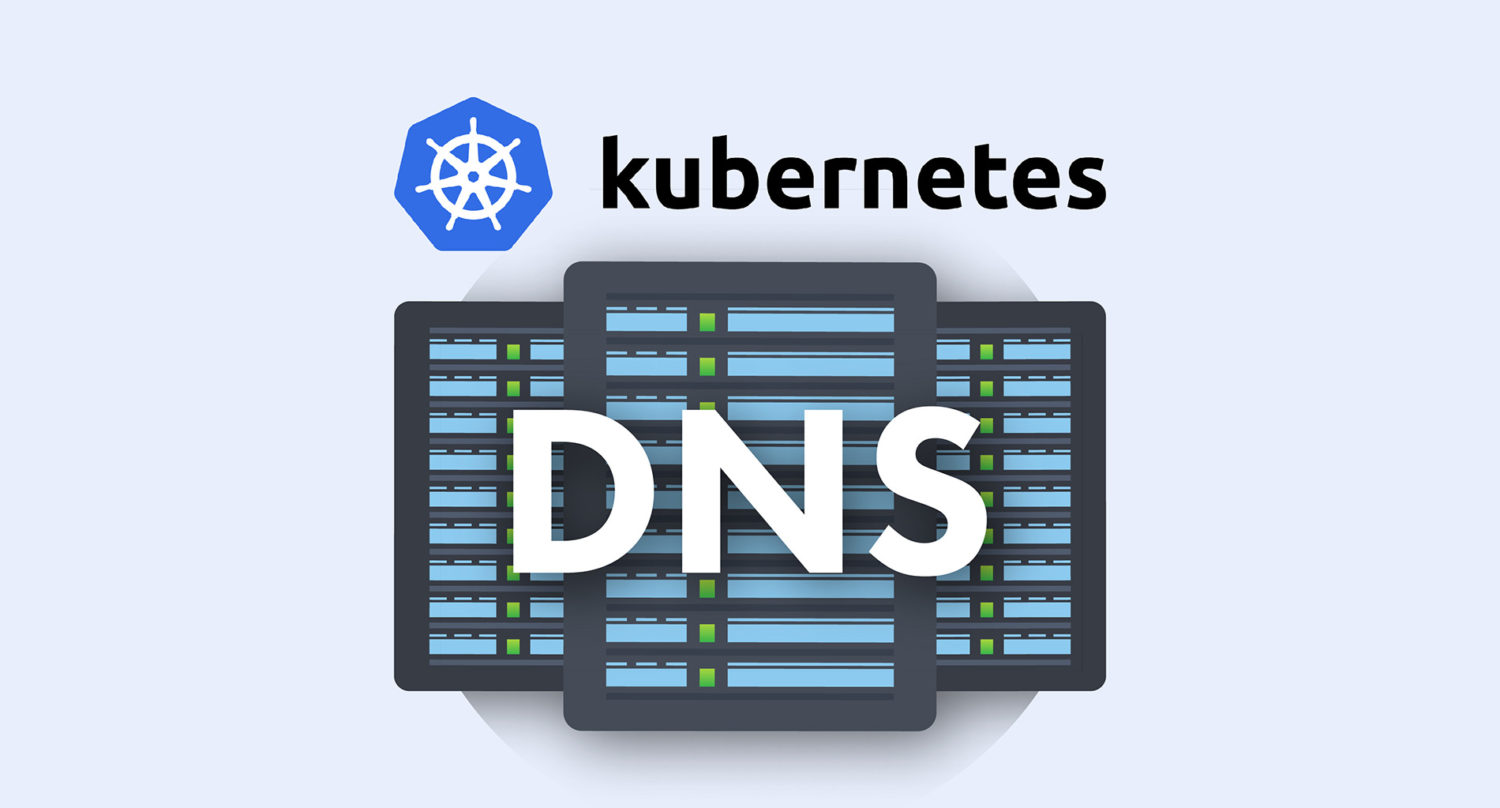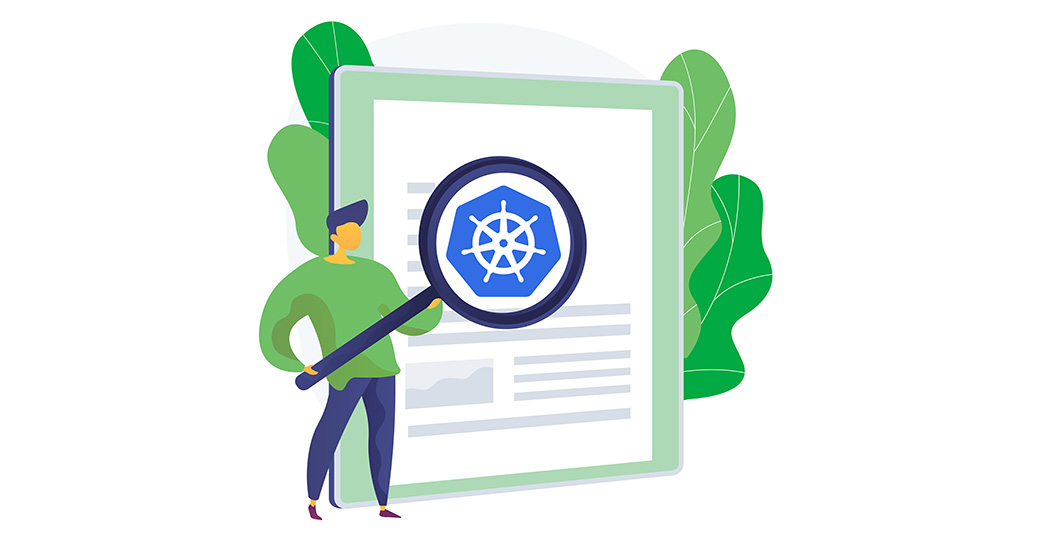Kubernetes, also known as K8s, is an open-source orchestration system for automating deployment, scaling, and managing containerized applications. Its portability, flexibility, and automatic scaling capabilities make it an extensively used system. Above all the standout features, the option to create DNS records for services and pods makes it unbeatable from other software systems. Kubernetes DNS service allows you to contact …
Overview of DNS Terminologies, Components, and Concepts
DNS (Domain Name System) is one of the crucial components driving the internet. Having a proper understanding of how DNS works can help diagnose problems with website configuration and broaden your understanding of what’s going on behind the scenes. In this guide, we’ll talk about some fundamental concepts of DNS to provide you with a solid ground while working with …
How To Troubleshoot and Inspect Kubernetes Networking
Kubernetes is an open-source tool that is crucial in container orchestration. Kubernetes helps in orchestrating and managing clusters at scale across various cloud environments or even on-premise servers. A cluster is a set of hosts meant for running containerized applications and services. A cluster needs a minimum of two nodes to work – one master node and a worker node. …
Run your own VPN server under Docker with OpenVPN Access Server
In this tutorial, I will be setting up an Open VPN server under Docker with CloudSigma. With CloudSigma’s cloud locations spread all over the globe, you can create a server in any of them and access the content from there. Creating the machine First, I am creating a machine with the following resources: 20 GHz CPU 16 GB RAM 20 …
NTP Amplification Attacks, the latest DDoS weapon (and how to protect yourself from it)
During the last few months, we’ve seen an increased amount of NTP amplification attacks. It’s an attack technique, similar to the previous wave of DNS amplification attacks, mostly used by script kiddies (but also by black hats) to take sites/servers offline. The technique behind of the attack is pretty simple; using public NTP servers, the attacker sends a request and …






